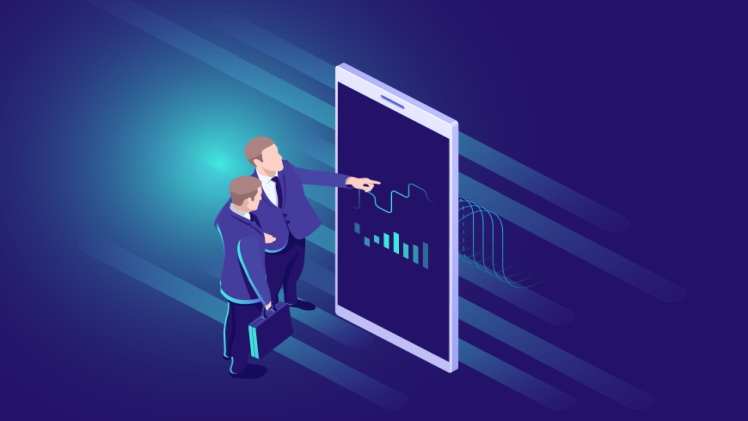In the fast-paced digital era, applications, commonly known as apps, have become an integral part of our daily lives. From waking up in the morning to going to bed at night, we rely on a myriad of apps to navigate, communicate, work, and entertain ourselves. This article explores the evolution of apps, their impact on various aspects of our lives, and the future trends shaping the app landscape.
The Early Days of Apps:
The concept of applications dates back to the early days of personal computing, but it was with the advent of smartphones that the app revolution truly took off. Apple’s App Store, launched in 2008, marked a significant milestone by providing a centralized platform for users to discover, download, and update applications. This innovation paved the way for developers to create a diverse range of apps catering to different needs and interests.
Transforming Communication:
One of the most profound impacts of apps has been on communication. Social media apps like Facebook, Twitter, and Instagram have revolutionized how we connect with friends and family, share our lives, and stay informed about the world. Messaging apps like WhatsApp and Telegram have made communication instantaneous and global, breaking down geographical barriers.
The Rise of Productivity Apps:
Apps have transformed the way we work, making productivity more accessible and efficient. Platforms like Microsoft Office and Google Workspace have transitioned from desktop applications to cloud-based apps, enabling users to collaborate in real-time and access their work from anywhere. Task management apps, such as Trello and Asana, have streamlined project workflows, enhancing team collaboration.
Personalization and Entertainment:
Entertainment apps have redefined how we consume media. Streaming services like Netflix, Spotify, and YouTube have made it possible to enjoy music, movies, and videos on-demand. Gaming apps, from casual to immersive experiences, have turned smartphones into portable gaming consoles. The personalization features of these apps ensure that users can tailor their entertainment experiences to their preferences.
Health and Fitness Apps:
The health and fitness industry has witnessed a significant transformation with the advent of apps. From step counters to personalized workout routines, apps like Fitbit and MyFitnessPal empower users to take control of their well-being. These apps often integrate with wearable devices, providing users with real-time data and insights into their health and fitness progress.
Location-Based Services:
Apps have harnessed the power of location-based services to enhance user experiences. Navigation apps like Google Maps have become indispensable for finding directions, exploring new places, and avoiding traffic. Location-based social apps like Foursquare and Yelp help users discover local businesses and share recommendations with their communities.
The App Economy:
The success of apps has given rise to a thriving app economy. Developers and entrepreneurs have found new opportunities to innovate and monetize their creations. App stores have become digital marketplaces, connecting developers with a global audience. In-app purchases, subscription models, and advertisements have emerged as viable revenue streams, fostering a dynamic ecosystem of app development.
Future Trends in the App Landscape:
As technology continues to evolve, so too will the world of apps. Here are some trends shaping the future of apps:
Augmented Reality (AR) and Virtual Reality (VR): AR and VR technologies are increasingly being integrated into apps, offering immersive and interactive experiences. From gaming to education and shopping, AR and VR have the potential to revolutionize various industries.
Artificial Intelligence (AI) Integration: AI-powered apps are becoming more sophisticated, providing personalized recommendations, predictive analytics, and natural language processing. AI will play a crucial role in enhancing the functionality and efficiency of future apps.
Internet of Things (IoT) Connectivity: Apps will increasingly interact with IoT devices, creating a seamless and interconnected user experience. Smart homes, wearable devices, and other IoT technologies will integrate with apps to provide a more integrated and efficient lifestyle.
Blockchain Technology: Blockchain is making its way into apps, providing enhanced security, transparency, and decentralized solutions. Blockchain can revolutionize app development by ensuring secure transactions, data privacy, and accountability.
Conclusion:
Apps have come a long way since their inception, influencing the way we communicate, work, and live. As technology continues to advance, the possibilities for app development are limitless. From improving efficiency to providing immersive experiences, apps will continue to shape the future of our digital landscape. As users, developers, and businesses embrace these innovations, the app ecosystem will remain dynamic, constantly evolving to meet the ever-changing needs of a tech-savvy world





